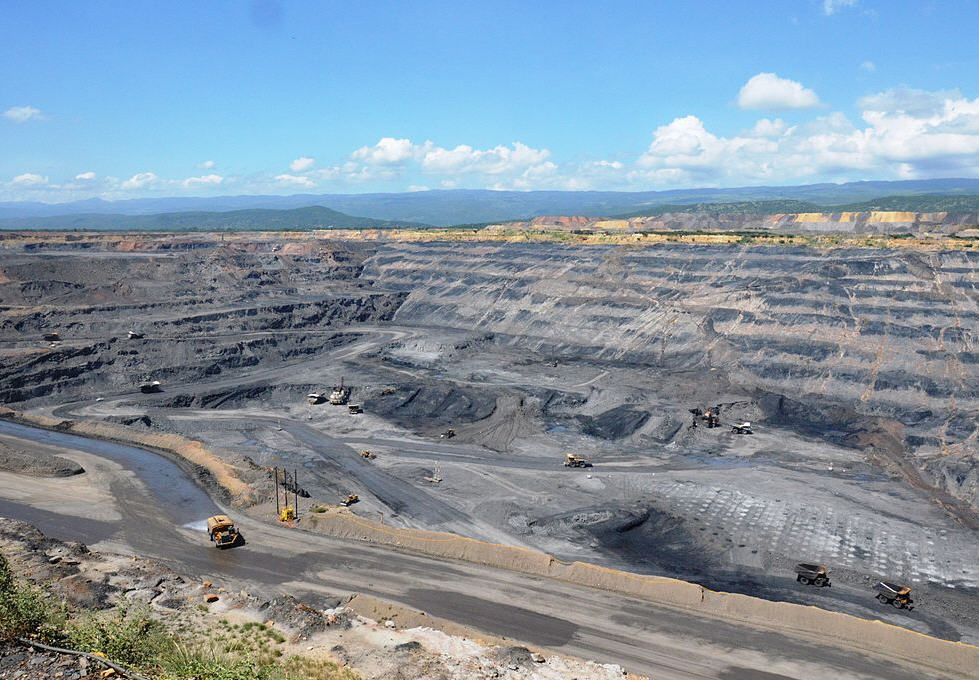
Proposed changes in benefits, a new schedule referred to as the ‘death shift,’ and job losses are the sticking points in talks to end a more than five-week-long strike at Colombian coal mine Cerrejon, the company and its largest union say.
The two sides this week held individual talks with the labor ministry, the first phase in a plan proposed by the government to break the impasse as the stoppage approaches its fortieth day.
The company, owned equally by BHP Group, Anglo American and Glencore, has denied mass job cuts and benefit eliminations. The prospective shift change is key to keeping Cerrejon competitive amid its lowest export figures in 18 years and prices equivalent to 2004 levels, it added.
The “death shift” would allow the company to cut 1,250 direct jobs, according to union president Igor Diaz
Cerrejon also insists the shift change – a move from a previous schedule where workers had alternating day and night shifts for four out of every eight days to a 21-day schedule which includes two seven-day work periods – is legal and not a part of its contract discussions with the Sintracarbon union.
But the union says more consecutive shifts will create health and safety risks. Sintracarbon also opposes what it says are proposed eliminations of some educational benefits and bonus reductions.
“There are intentions contrary to workers’ interests on the part of Cerrejon,” union president Igor Diaz told Reuters. “They haven’t responded to workers requests but have been trying to reduce benefits, basing the argument on the sustainability of the company.”
The “death shift” would allow the company to cut 1,250 direct jobs, Diaz said. Its implementation would require changes to things already in the union contract and so it must be part of negotiations, he said.
Cerrejon says staffing will be reduced by 100 jobs, but more than that number of workers have already taken buyouts. The company said it has not proposed eliminating educational benefits for the children of deceased workers, nor reductions in bonuses.
“The meetings between the labor ministry and the company were about the Collective Work Agreement (CWA) and the implementation of the shift change,” Cerrejon said in a statement published earlier this week. “It must be kept in mind that the latter is not part of the CWA and is an indispensable to the transformation plan.”
The coronavirus pandemic and the strike have aggravated an already difficult time for the company because of low prices, it added.
The strike has eclipsed Cerrejon’s most recent stoppage, which lasted 32 days in 2013.
Colombia is the world’s fifth-largest coal exporter. The fuel is a key source of foreign exchange and royalties.
A United Nations human rights expert said last month Colombia should suspend some Cerrejon operations, citing health and environmental concerns raised by a barrister acting for members of the Wayuu indigenous group.
(By Julia Symmes Cobb; Editing by Nick Zieminski)
Comments